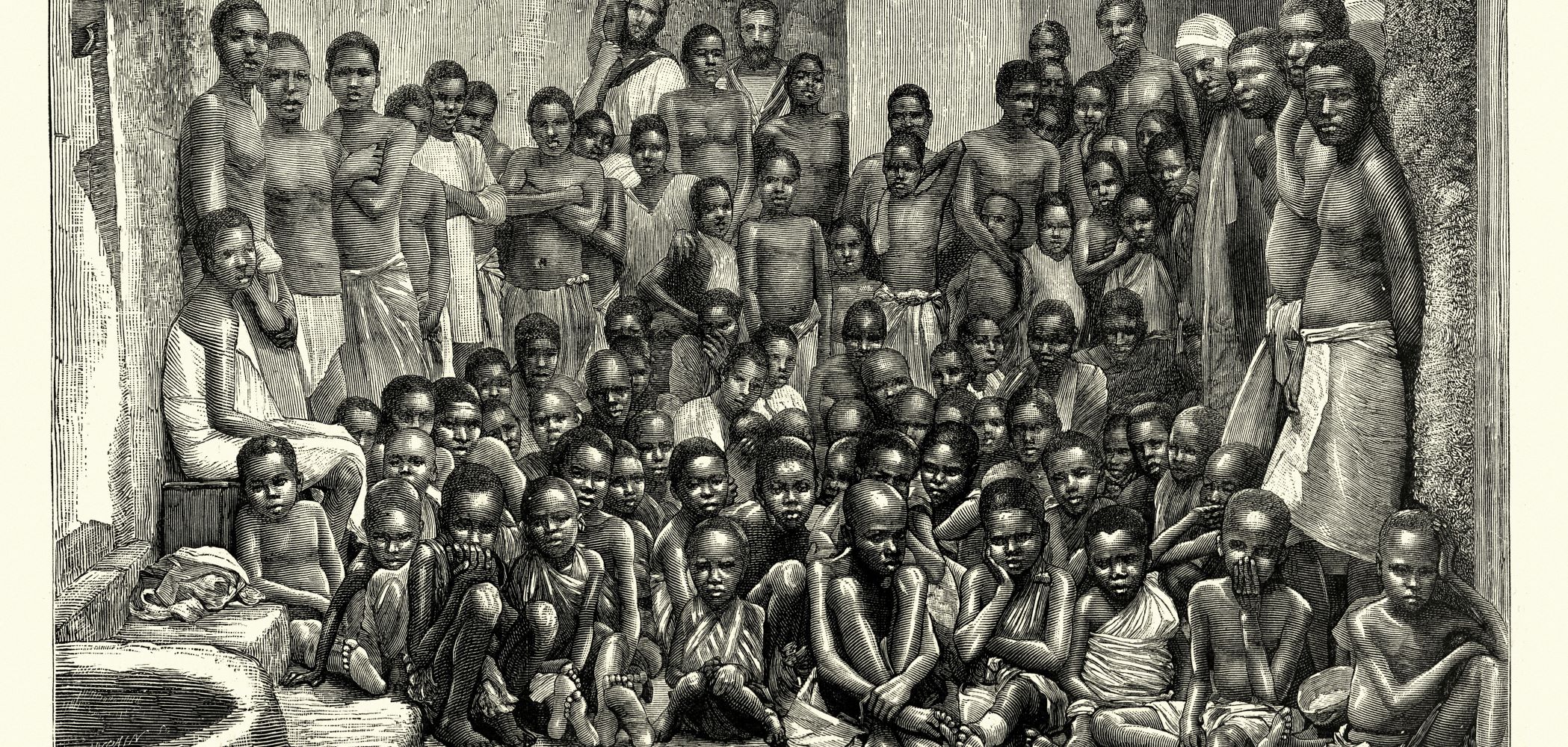Clear our names
This week (July 24) marks the 50th anniversary of the decriminalisation of homosexual acts between men aged over 21.
While the 1967 sexual offences act was a momentous step forward for LGBT rights, for decades afterwards homosexual men were still criminalised by homophobic laws that often ruined their lives.
Fifty years after the introduction of the act, Unite is urging the government to institute universal pardons for those convicted of homosexual offences – many of whom are still living with the injustice of having sexual offences attached to their records.
In 2017 the government introduced new legislation – dubbed “Turing’s Law” for famous World War Two code breaker Alan Turing who committed suicide in 1954 after being convicted of gross indecency – pardoning men convicted of homophobic laws no longer on the statute book.
Despite “Turing’s Law”, an estimated 15,000 men, who were unfairly convicted under the homophobic application of other laws, will not receive pardons.
This includes men convicted of soliciting and procuring homosexual relations under the 1956 and 1967 sexual offences acts and those convicted of being gay in the armed services.
Unite Islington branch chair, Terry Stewart, is one of those men. The long-time gay rights activist was found guilty of “importuning” in a public toilet in 1982. He was arrested by a plain clothes officer who Stewart says falsified the charges against him.
Stewart, who was a prominent and courageous member of the Gay Liberation Front and faced many acts of violence – including having his home firebombed – was known to the police because of his activism.
Expunged
Stewart had not engaged in any illicit activity before his arrest and continues to fight to have his criminal record expunged. The charge ruined a promising career in social services and instead he became a road sweeper.
 Terry Stewart
Terry Stewart
Stewart said, “When you get a conviction after a period of time that conviction is spent. But anyone’s who’s been charged under the sexual offences act, that remains on your record.
“In my case I was convicted 35-years-ago and that’s still there. Every time I went for a job, I had to declare it. There was just no point applying. You might as well be on the sex offenders register.”
Stewart, who recently appeared in Channel 4’s recent documentary Convicted for Love, called on home secretary Amber Rudd to grant pardons to all the men who were convicted because of institutional homophobia.
He said, “Those prosecuted under this anti-gay law continue to this day to have a criminal record; they continue to be haunted by an historic injustice, which, in many cases, damaged their careers, blighted their social lives, and undermined their personal relationships.
“Amber Rudd has it within her power to bring this injustice to an end, by setting aside all these historic convictions and we call on her to do so as soon as the parliamentary timetable allows.”
Justice call echoed
Unite national officer for equalities Siobhan Endean said the call was being echoed by activists throughout the union.
She said, “Unite’s LGBT committee is very supportive of the call from our grassroot activists that Amber Rudd sets aside all historical convictions of homosexual men for importuning and soliciting for an immoral purpose.
“These laws were used extensively for the prosecution and conviction of gay men for decades both before and after the partial decriminalisation of homosexual acts in 1967 – we estimate that 15,000 people would benefit from such a move.
“It is hard to imagine in 2017 the twilight world of fear and exposure that gay people had to endure in 1950s Britain. We need to acknowledge, as a country, that lives were broken and careers were ruined as a result.”
Pic from Hull Pride by Mark Harvey
 Like
Like Follow
Follow


